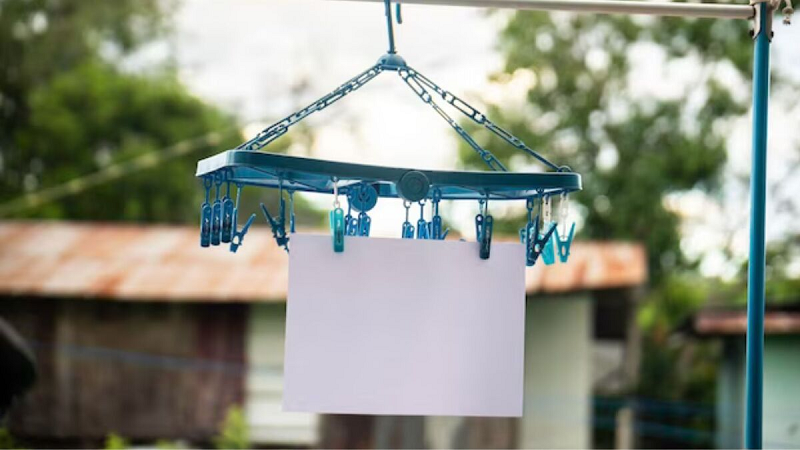Mummy, this is not cooked well, I do not want to eat it.' 'Mummy, I want cold milk, not hot.' 'Papa, today my friend did not play the game of my choice.' 'Papa, my brother beats me, yet mummy does not scold him.' Does your child also keep hovering around you with a bundle of hundreds of such complaints? If yes, then getting angry and complaining unnecessarily on small things can harm his behavior and future.

Children often keep complaining to you about someone or the other. Many times you scold them and make them quiet, but in reality it can have a bad effect on their tender mind.
What is the real reason?
Some children are very sensitive and react to small things. This also becomes the reason for complaining in them. At the same time, some children have a habit of getting their siblings or friends scolded by making false complaints. Therefore, first know the truth of the complaints.
Attracting attention
The habit of complaining all the time in a child is also a way of attracting attention in many cases. By doing this, the child wants friends, parents and teachers to listen to him, pay attention to him and solve his problems.
Small fights, big lessons
Children learn many things from small fights that happen during sports, which are useful for them throughout their life. In such a situation, you should explain to them that they should not complain about small things, but try to solve them themselves.
Feeling of dissatisfaction
Having a feeling of dissatisfaction in the mind is the most important aspect of complaining. Therefore, you should try to know about this dissatisfaction of the child.
Listen to the whole thing
First of all, try to understand whether the child really has any problem or not. This is because children do not have the ability to decide which thing or situation is worth complaining about and which is not. In such a situation, it is the responsibility of the parents to keep an eye on the child and try to understand him.

Self improvement
Many times parents are so engrossed in their work that they start complaining to each other on every small thing. In such a situation, the child also adopts this behavior by seeing them. He feels that it is necessary to complain when he is angry or upset. Therefore, avoid complaining about anyone in front of the child and try to bring a change in your behavior.
They learn from your behavior
Family relationship counselor Shobhana says, whatever the child learns till the age of seven, it is useful for him throughout his life. Therefore, till this age, parents should listen to everything their child says and find a solution that does not hurt anyone. In many cases, parents start blaming each other for the child's actions, which is a sign of immaturity. Due to this, the child thinks that there is no use in complaining to them and he starts trying to solve his matters on his own. In this situation, many times new problems can arise for the child. Therefore, maintain contact with the child, because children learn from your behavior, not from your words.
(PC: ISTOCK)










